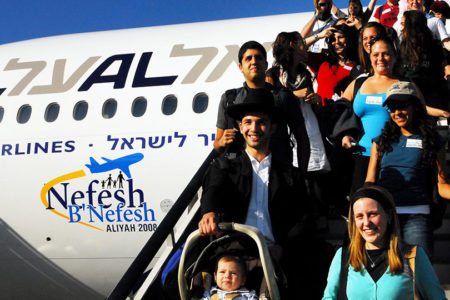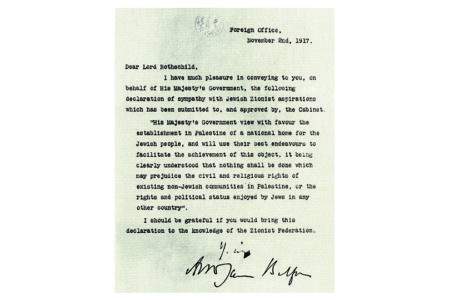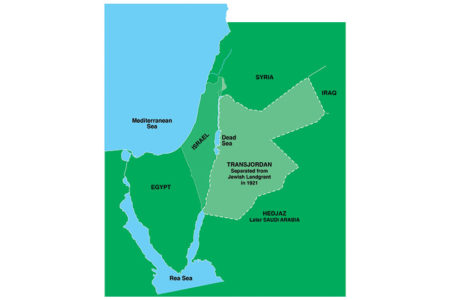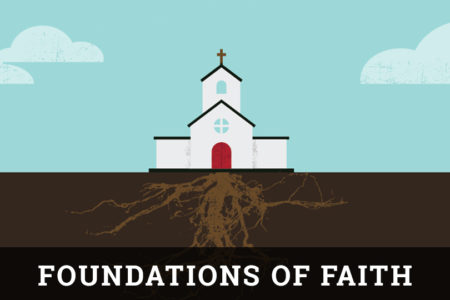A Deadly Difference
Social issuesThere is a current fascination with the Islamic religion rising in the United States, and it is being fostered at the highest levels of the current administration and political establishment in Washington. As a result, efforts by concerned leaders to deal with such matters as the potentially dangerous ties of Louis Farrakan and his radical Nation of Islam to the Middle East’s most radical elements are being suppressed or ignored.
Some may say that there are expedient political considerations for not holding Farrakan responsible for his inflammatory rhetoric and association with leaders in the Middle East who sponsor terrorism, or that Muslim bashing must not be encouraged in our society. Both considerations are acknowledged as motivating factors by people who are close to the scene in the nation’s capital. We agree that vendettas against elements of our society—Muslim or others—who are peace-loving, loyal citizens must be forcefully rejected. And there are, of course, moderate Islamic people who pose no threat to the stability of the country or the lives of its people.
A Muslim’s devotion to the five pillars of the Islamic religion is certainly a basic right that is afforded to all segments of a nation that epitomizes freedom to worship as we choose. Therefore, it is not viewed as threatening for a Muslim to (1) make the confession, “There is no God but Allah and Mohammed is his messenger” (Shahada); (2) say ritual prayers five times a day while facing Mecca (Salat); (3) pay compulsory alms (Zakat); (4) observe the fast of Ramadan (Sawm); or (5) make a pilgrimage to Kaaba in Mecca, if he can afford it.
There is, however, an element of the Muslim faith that sets Islam apart from both Judaism and Christianity. It is a difference that must be recognized as Islamic influence grows into a force to be reckoned with in the Western world. The difference—and, as the current controversy in the Middle East demonstrates, one that can be deadly—is the commitment to Jihad (Holy War).
The Koran states that those who fight in “Allah’s way” will win the highest reward. A Muslim killed fighting in “Allah’s way” becomes a shadid, a martyr for the faith, and will be richly rewarded in paradise. Some Muslims claim that the commitment to military conquest by Jihad is not in the mainstream of modern Islamic thinking. This can be said of Arab national movements in such countries as Jordan and Egypt. While this is true, adherents to the principle of Jihad are very much alive, armed, and extremely dangerous in the world of Iranian-styled Islamic revolutions. Appealing to the Koran for Hamas and Islamic Jihad suicide bombers and Hizbollah rocketry is certainly the driving force behind their unbridled fanaticism. The perpetual problem for nations with significant Islamic populations is the threat from extremist malcontents who, preaching in the name of Allah and the Koran, incite followers to commit dangerous acts. The World Trade Center bombing in New York City is a classic example.
In Judaism, the sixth commandment says, “Thou shalt not kill” (Ex. 20:13). Christians are commanded to “Love your enemies, bless them that curse you, do good to them that hate you, and pray for them who despitefully use you, and persecute you” (Mt. 5:44). These commandments do not rule out national self-defense, but neither Judaism nor Christianity espouses military aggression for the sake of religious conquest. While historical actions such as the Crusades can be pointed to as contradiction, there is no question that they were in violation of the dictates of the Word of God.
Conversely, as we have seen, the Koran sanctions wars of aggression in the name of Allah. This sanction favoring Jihad is the basis of authority appealed to by all elements in the Islamic National Salvation movements such as those operating in Iran, Sudan, Egypt, Algeria, Libya, and Israel. Yasser Arafat, for example, while possessing a Nobel Peace Prize, has never renounced Jihad during the peace process with Israel. To the contrary, he has called for Muslims of the world to join him in a Jihad to win Jerusalem and referred to Hamas and Islamic Jihad suicide bombers as martyrs for their faith.
During the recent clash between Jihad-driven Hizbollah forces and Israelis responding to Hizbollah’s escalating Katyusha attacks on towns in Northern Israel, Arafat somberly condemned Israel’s act of self-defense and extolled his Hizbollah terrorist brethren.
With these facts in view, like it or not, we must recognize what discerning Israelis see as a potential pitfall in the current peace process. That is, there will be a perpetual call for a Jihad to rid the Middle East of the “Zionist infidels” by extremist Muslim groups who base their wars and terrorism on their interpretation of the Koran. For them, it is in the Book. Thus, all negotiations inside Israel—and counsel by true friends from without—must be rooted in the reality that the only assurance of survival is strength coupled with the determination to meet such religious radicals with a united front willing to use all necessary means to thwart their fanatical designs.
In the Western world, the burden is on the Islamic community to renounce Jihad and themselves deal decisively with those radical elements who sully their name and disrupt the lives of Muslims who would like to live in peace in their adopted countries.
As for the rest of us, we must be determined to face the realities of the world in which we live and not shirk the duty to stand up to radicals, by whatever name they choose to be called, who threaten our lives and the future of our offspring.








